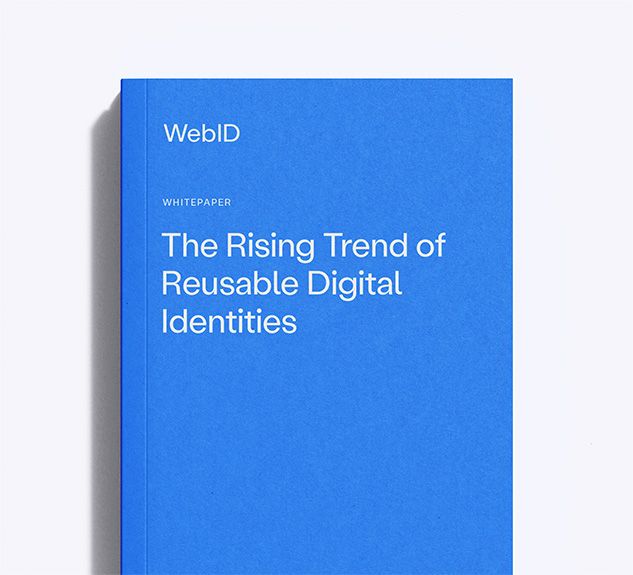Money Mule
Money laundering with money mules
Make good money as a payment processor or financial agent with little time and effort? It sounds like an attractive job. Unfortunately, however, such offers, or job ads are usually dubious and written by a person with criminal intentions.
Behind such a job offer are often criminals who recruit money mules to provide their private account for a small “contribution to expenses” to transfer money and launder it. As a reward, there is a portion of the laundered money.
Money launderers do not profit from the “work” of the money mule, but from the fact that they can distance themselves from the illegal transfer of funds: after all, it is the money mule who transfers the money, so that data such as the identity and whereabouts of the criminal cannot be uncovered by the authorities.
Money muling: Do people consciously choose to be used as money donkeys?
People who are abused as money mules are often not even aware that they are acting illegally. They transfer money personally or on behalf of others and think they are doing a legal activity. Unfortunately, ignorance does not protect you from possible punishment, because – unknowingly or not – mules are actively involved in fraud.
This highlights the importance of recognizing the characteristics of job offers that may indicate money muling.
How to recognize money mule job offers as a private person
There are various characteristics of job offers from which it can be concluded that someone is looking for suitable money mules:
- If the search is on for “financial agents” who would like to do this work as a “side job”, this should make you sit up and take notice.
- If no professional experience is required, this can also be suspicious.
- If the ad, which tends to be vaguely formulated, also contains many typos, the seriousness of the offer should be questioned.
- If only a bank account is required from the applicant, one should under no circumstances consider applying.
- The same applies if the only contact details provided are a WhatsApp number or an email address.
If even just one of these characteristics applies to a job offer, you should definitely not apply – and you should take the time to report these suspicious ads to the police and to the platform on which the ad can be found.
Preventing money laundering: How can companies recognize money mules?
Financial institutions and many other businesses are required to implement systems to protect against money laundering activities and illegal online transactions by criminals and their money mules. But how can financial institutions and other businesses prevent money laundering via money mules and avoid fraud?
Identifying money mules in advance is difficult. When criminals use third parties for their purposes, the recruited money mule is ultimately a real person who will open an account or accounts and then carry out a certain number of unsuspicious transactions. And here, automated identification solutions are only partially effective.
At least in cases where private individuals are to be unknowingly made into money mules, a video call during the identification process can be helpful:
WebID offers a wide range of innovative solutions for fast, legally secure and AML-compliant identification, such as VideoID (Live): WebID agents are psychologically trained to ask critical questions during the identification process via VideoID (Live). For example, they ask about the reason for opening an account or the purpose of the account, helping to identify and protect inexperienced users from themselves.
Regardless of this, companies are advised to alert new customers to the dangers of money mules in advance. At the same time, both incoming and outgoing payments should be monitored in order to detect irregularities and suspicious patterns as quickly as possible.
The Rising Trend of Reusable Digital IdentitiesThe Rising Trend of Reusable Digital Identities
